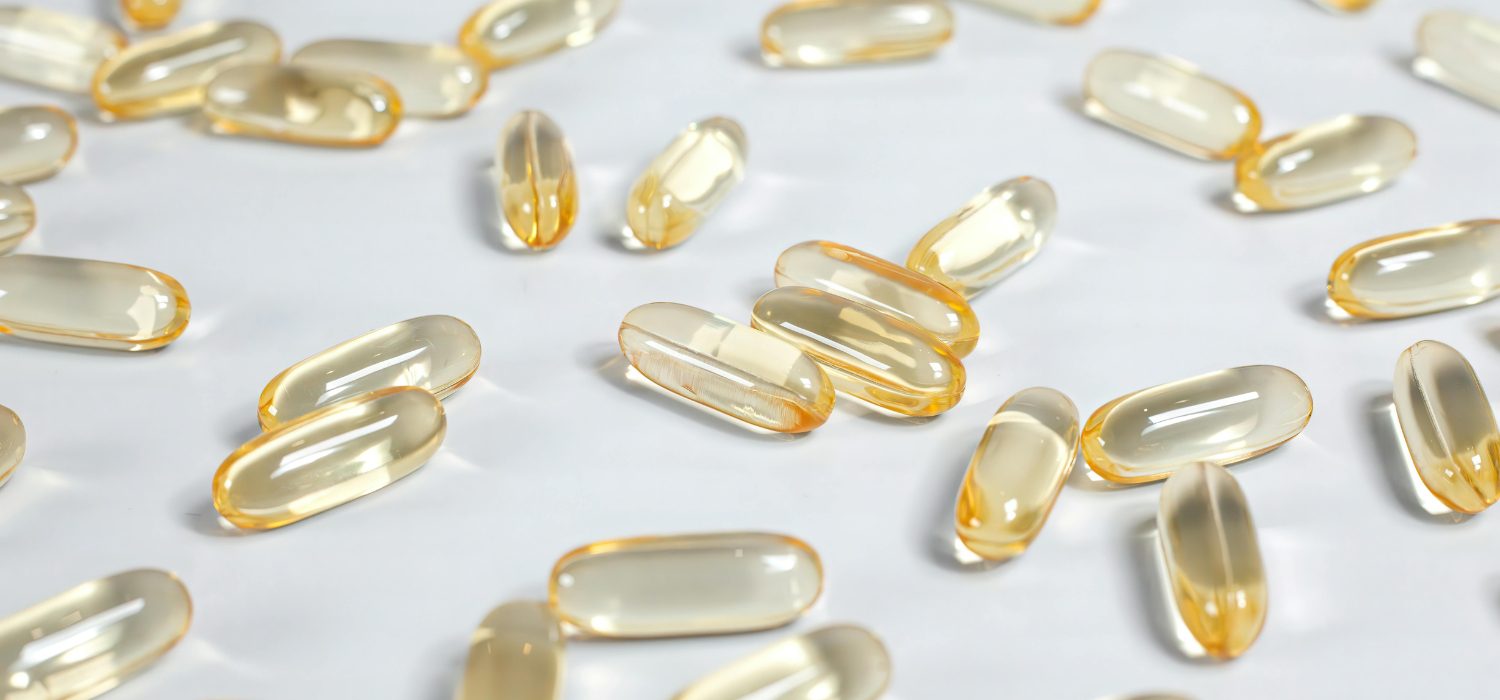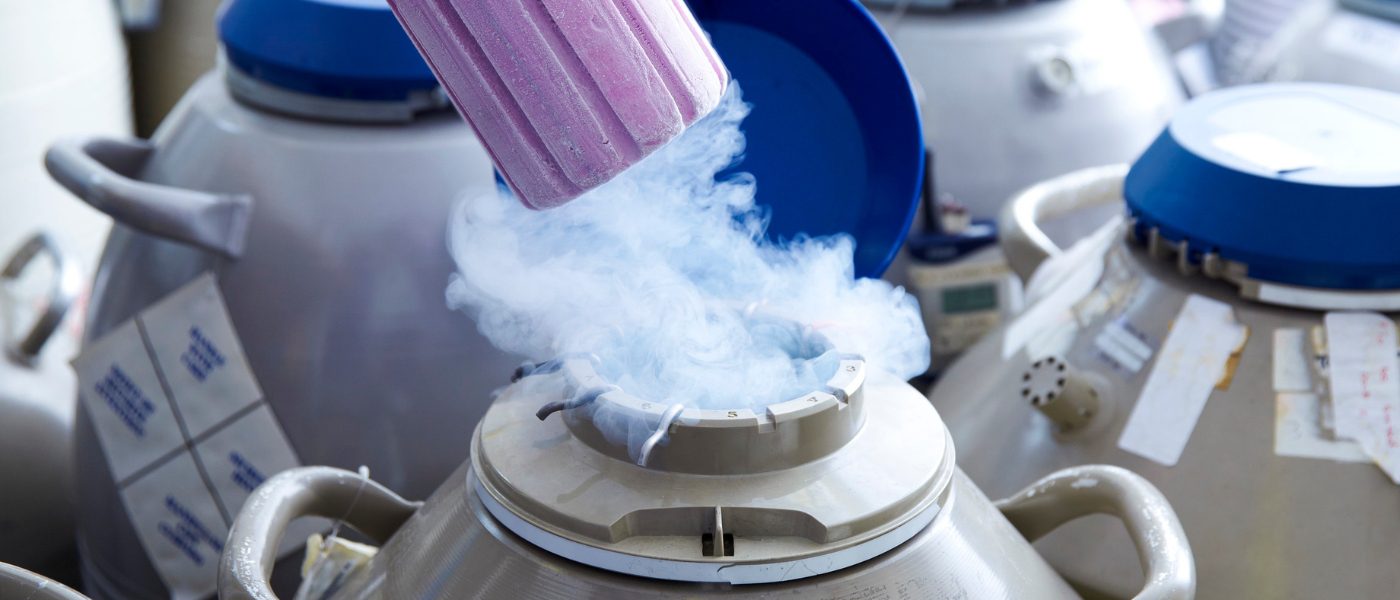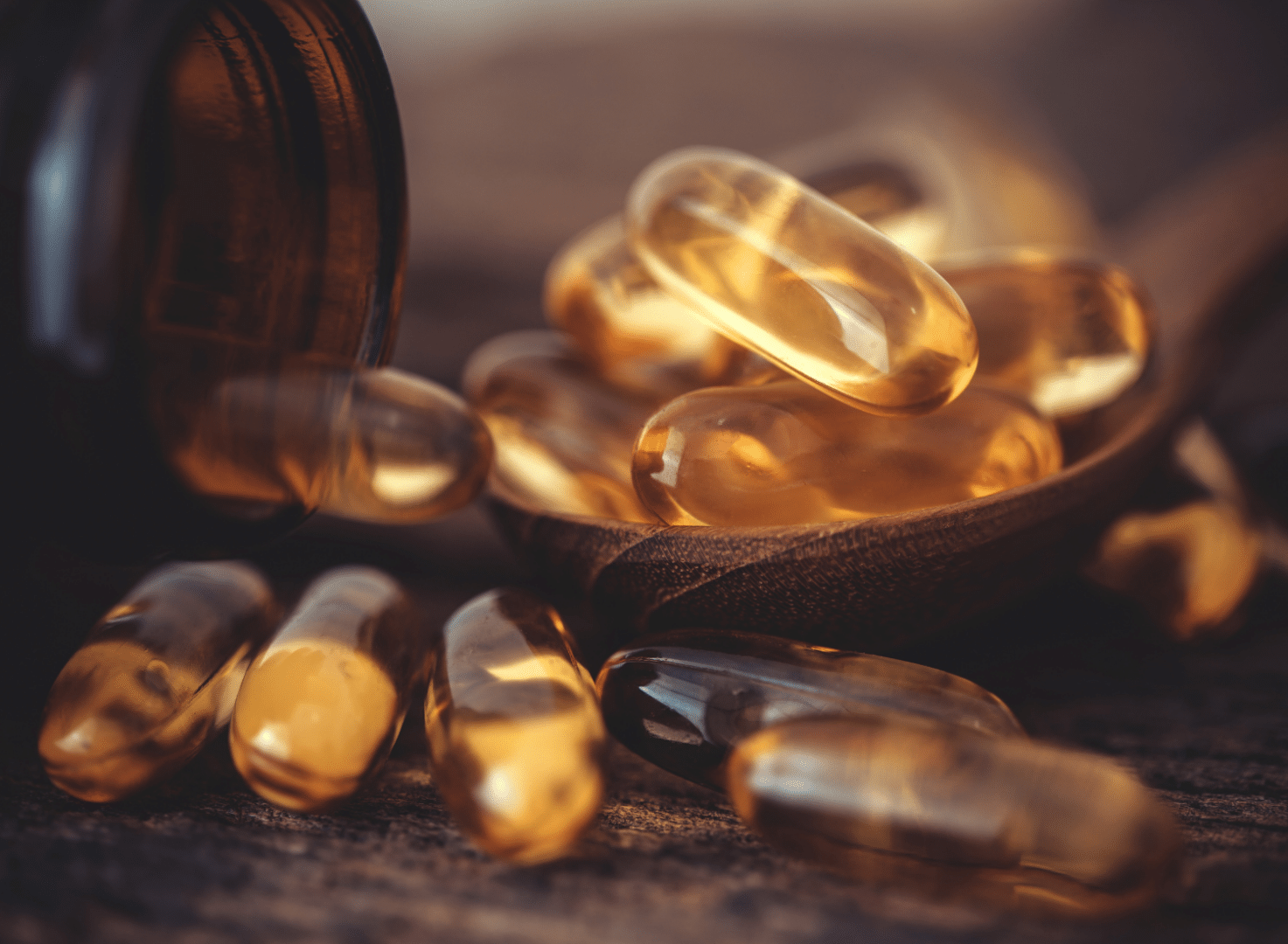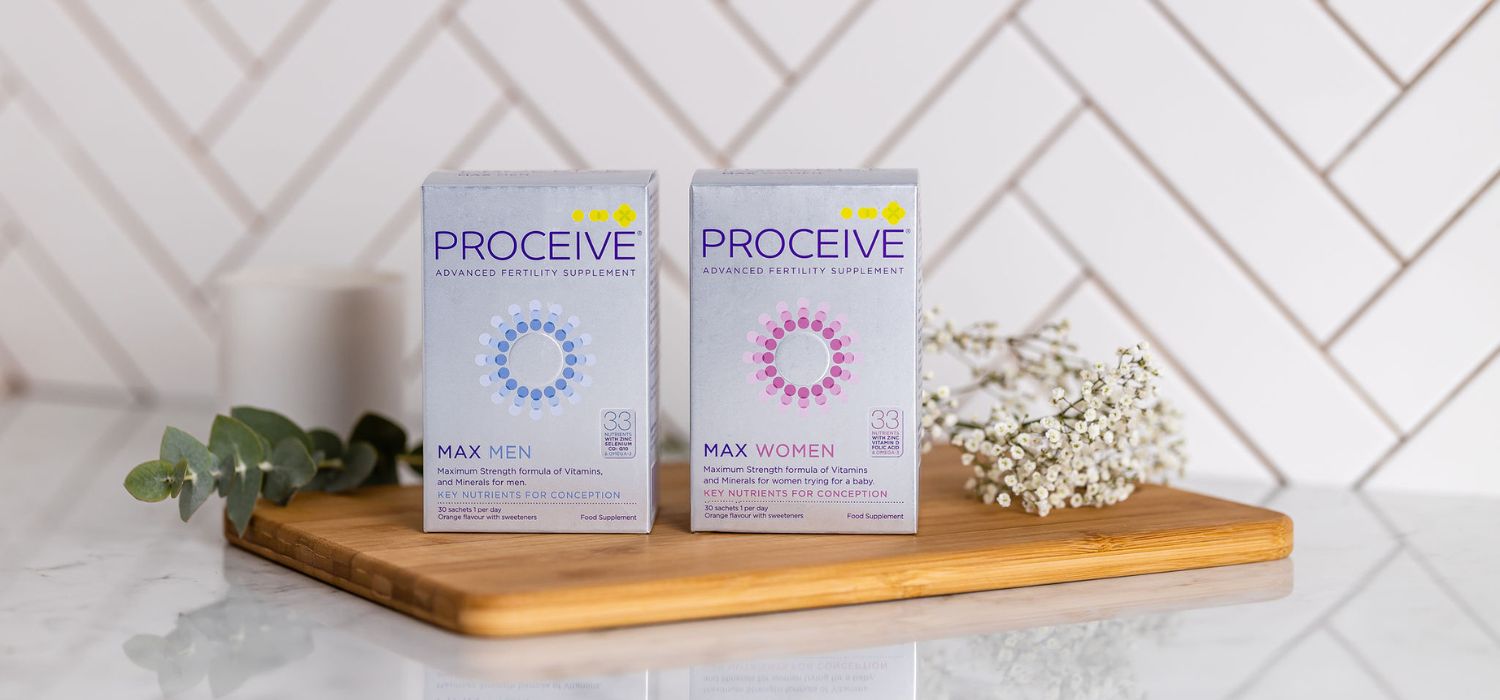
Fertility
Guys need omegas too for fertility – but know these factors, before you shop
Jessie Day, Senior Editor | 18 Sep 2025
When we think about fertility supplements, the spotlight usually lands on women. But men contribute half of the equation, and sperm health is just as influenced by nutrition and lifestyle as egg health.
Among the nutrients with growing evidence behind them? Omega-3 fatty acids. You’ll see omega-3 in conversations about brain and heart health, but these essential fats play a surprisingly powerful role in male fertility too.
So, is omega-3 good for male fertility? How much should you take, and how do you know which supplement is best? Let’s break it down, with expert-backed guidance from the legendary team at Zita West Products and practical takeaways for men trying to conceive.
Looking for the Zita West discount code? TRB readers get 10% off the entire Zita West supplement range (US and UK), with code TRB10* at checkout.
1. Why omega-3 matters for male fertility
The link between omega-3 fatty acids and male fertility is firmly established. Studies show that omega-3 supports:
- Sperm count – higher intakes are associated with better numbers.
- Sperm motility – omega-3 contributes to the fluidity of cell membranes, which helps sperm swim effectively.
- Sperm morphology – the structure and shape of sperm, crucial for fertilisation, may be improved with adequate omega-3.
- Testicular health – DHA (a key type of omega-3) is found in high concentrations in the testes, underlining its importance in male reproduction.
Omega-3 also contributes to reducing oxidative stress, which can damage sperm DNA. This is key when you’re trying for a baby, because DNA integrity is just as important as sperm count or motility.
Deep dive omega-3 for male and female fertility (and don’t forget your food sources!)
2. Omega-3, 6 and 9 – what’s the difference?
It’s easy to get confused by the numbers. Here’s the quick guide:
- Omega-3 – these are the essential fatty acids found in food sources like oily fish, flaxseeds, walnuts and chia. The key types are EPA and DHA, both important for fertility and general health.
- Omega-6 – also essential, but commonly found in vegetable oils and processed foods. Too much omega-6 (without balancing omega-3) can promote inflammation.
- Omega-9 – a non-essential fat, meaning your body can make it. Also found in olive oil, avocados and nuts.
When it comes to male fertility, omega-3 takes the lead. While omega-6 and omega-9 are part of a balanced diet, it’s omega-3 that has the most evidence behind it for improving sperm health.
That’s why many men focus on increasing omega-3 specifically, through both food and supplementation.
3. Food and (strategic) supplements – where to start
You can find omega-3 in food sources, but it’s not always easy to get enough from diet alone – particularly if you’re not eating lots of oily fish, on a daily basis.
- Rich sources: salmon, sardines, mackerel, anchovies and trout.
- Plant sources: chia seeds, flaxseeds, hemp seeds and walnuts (though these provide ALA, which the body needs to convert into EPA and DHA, not very efficiently).
For men who don’t eat oily fish at least twice a week, supplements can be a reliable way to top up.
The Zita West Ultra Omega and Vital DHA formulas are designed specifically with fertility in mind, making sure men get high-quality DHA and EPA at the right levels – pick and choose between the two, depending on your age and fertility profile.
4. How much omega-3 for male fertility?
Such a common question, and really it depends on a few key factors:
- General health guidelines suggest around 250-500 mg of EPA and DHA per day.
- For fertility, some research points to higher intakes – closer to 1,000 mg daily – for potential benefits to sperm quality.
It’s important to choose a supplement with clearly labelled EPA and DHA content, as these are the most relevant omega-3s for male fertility.
If you’re considering higher doses, speak to a healthcare professional, especially if you take blood-thinning medication or have other health conditions.
5. How long does it take omega-3 to work for male fertility?
Spermatogenesis (the process of making sperm) takes around 72-90 days, and team Zita West recommend you start your supplement at least three months before trying to conceive or undergoing fertility treatment.
6. Does omega-3 raise testosterone?
Omega-3 and testosterone is a hot topic, but the science is still catching up. What we do know is that omega-3 fatty acids, especially EPA and DHA from fish oil, can play a part in keeping testosterone at healthy levels.
In animal studies, omega-3 has been shown to improve testicular health, boost sperm quality, and sometimes raise testosterone. Human studies aren’t as clear-cut, but men with higher omega-3 intake often show slightly better testosterone levels, along with improvements in sperm motility and fertility.
How does it work? Omega-3 helps reduce inflammation, supports healthy cell membranes (including in the testes, where testosterone is made), and keeps the heart and metabolism in good shape – all factors that influence hormone balance.
It’s not a quick-fix testosterone booster, but it does support the bigger picture of male reproductive health. Think of omega-3 as one piece of the puzzle, alongside good sleep, nutrition, exercise, and stress management.
Speaking of which …
7. Omega-3 and lifestyle factors
Supplements can help, but they’re part of a bigger picture. To get the most from omega-3 for male fertility, combine it with:
- Balanced diet – rich in antioxidants (fruits, vegetables, nuts and seeds) to protect sperm from oxidative stress.
- Healthy weight – obesity can negatively affect sperm quality.
- Exercise – regular, moderate activity boosts testosterone and sperm health.
- Reduced alcohol and zero smoking – both of which increase oxidative stress and damage sperm.
- Stress management – high stress can interfere with hormones and fertility.
Omega-3 works synergistically with these lifestyle factors, giving men the best possible foundation for conception.

8. Choosing the right supplement
Not all omega-3 supplements are equal. When shopping for fish oil or DHA/EPA formulas, look for:
- Purity – free from heavy metals and contaminants.
- Concentration – clearly listed amounts of EPA and DHA per serving.
- Triglyceride form bound in phospholipids – easier for the body to absorb.
- Sustainability – fish oils sourced from sustainable fisheries.
The Zita West Ultra Omega ticks all of these boxes, offering high levels of DHA and EPA in a premium-grade formula. The Vital DHA is another option, providing targeted support for both men and women during preconception, at a slightly lower dose.
Key to-dos
- Omega-3 fatty acids are essential for male fertility, supporting sperm count, motility, morphology and DNA integrity.
Aim for 1000 mg of EPA + DHA daily if focusing on fertility, ideally starting at least three months before trying to conceive. - Food sources are valuable, but supplements ensure consistent intake, particularly for men who don’t eat oily fish regularly.
- Not all omegas are equal – omega-3 is the most beneficial for male fertility compared to omega-6 and omega-9.
- Look for high-quality, sustainably sourced supplements like Zita West’s Ultra Omega and Vital DHA to optimise results.
Male fertility is often overlooked, but science shows that men have a huge opportunity to influence outcomes with simple, targeted nutrition. Omega-3 is one of the most powerful nutrients for sperm health, and making it part of your preconception plan could make all the difference.
By understanding how much to take, where to get it from, and how it fits with a healthy lifestyle, you’ll be giving yourself the best chance of success.
Read this next: Zita West’s guide to omega-3 and fertility
*TRB10 is valid once per customer only. Excludes subscription purchase. This offer cannot be used in conjunction with any other offer. Zita West terms of the site apply.













































































































































































































































